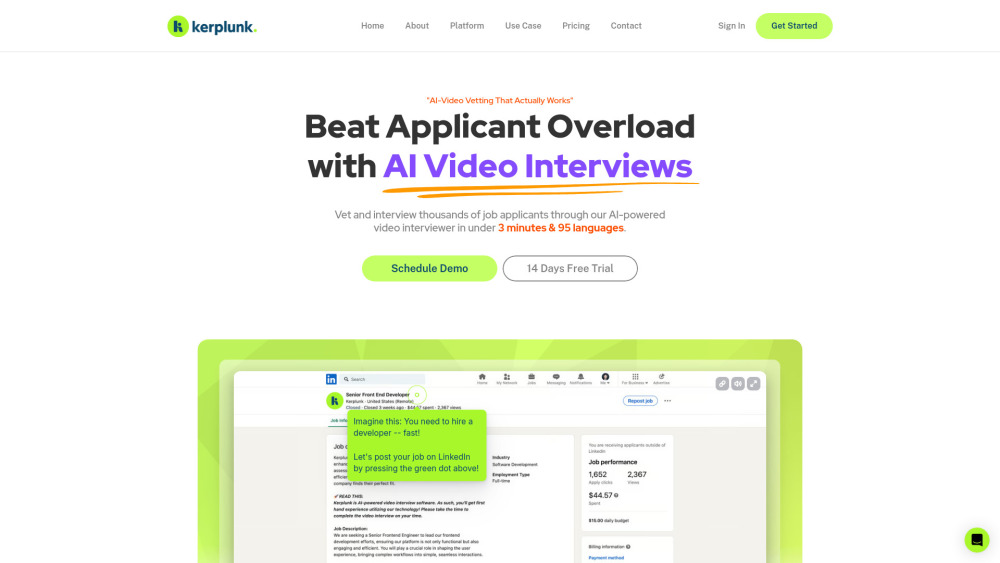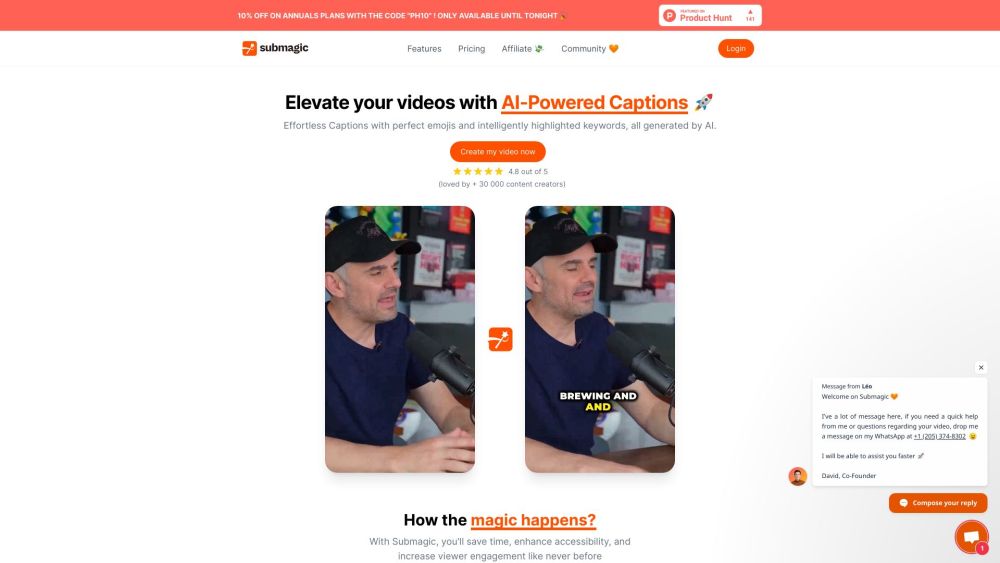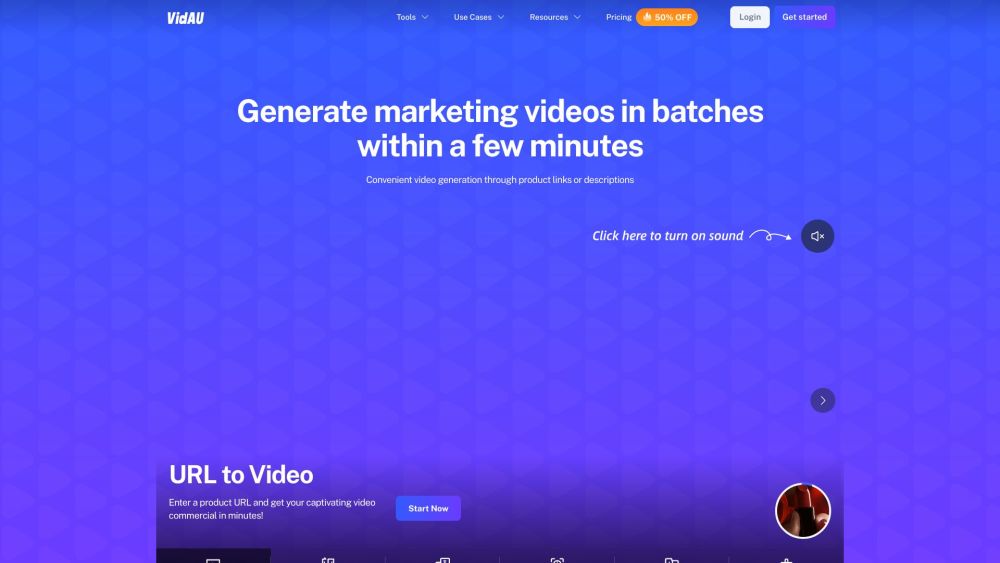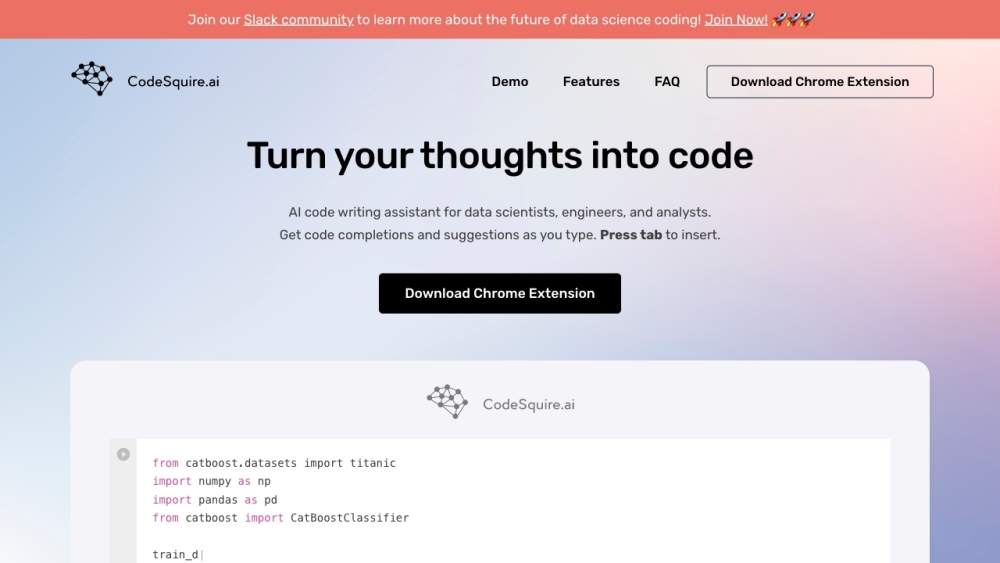Sundar Pichai Shares Insights on Innovation and AI at Stanford Event
Alphabet CEO Sundar Pichai spoke at a Stanford Graduate School of Business event on Wednesday, providing valuable insights into the challenges of managing one of the tech industry's leading giants. This appearance comes at a time when Google is perceived to be lagging behind competitors like Microsoft-funded OpenAI in the rapidly evolving field of generative AI. Despite Google's extensive focus on AI innovations over the past decade, including the influential paper on transformer models that sparked the generative AI boom, issues have arisen. Recently, Alphabet’s Gemini LLM faced criticism for producing historically inaccurate images, raising questions about bias correction.
During the event, Pichai was interviewed by Dean Jonathan Levin, who, despite their friendly connection—revealed by the fact that their sons once played together—was able to pose challenging questions. Pichai adeptly responded by framing his thoughts as further questions, rather than providing straightforward answers. Nevertheless, he shared some insightful perspectives.
When asked how he fosters innovation among Google’s large workforce of 200,000, Pichai admitted this is a constant concern. “Honestly, it’s a question which has always kept me up at night,” he said. He highlighted that technology inherently allows small teams to innovate more readily, a truth reflected in history. "Scale doesn’t always provide an advantage," he noted. He recognized that larger companies may become risk-averse as they perceive a greater stake in their decisions: “The more successful companies become, the more reluctant people are to take risks. It’s a paradox; smaller companies often take bigger chances because they have less to lose.”
Pichai emphasized the importance of cultivating a culture that encourages risk-taking within large organizations. He lamented the challenge of designing proper incentives, noting, “One example is how you reward effort and risk-taking rather than just outcomes. If you focus solely on results, it encourages conservatism, as teams may opt for safer paths to ensure a ‘good enough’ outcome.”
He reflected on Google’s more experimental mindset during its early days, referencing failed projects like Google Glass, a pioneering device in augmented reality. “We’re revisiting the early Google ethos with Google Labs,” he mentioned, explaining that the company is exploring ways to experiment without the heavy constraints of brand expectations. “This approach allows for easier prototyping and faster iterations,” he added.
When Levin inquired about the advances that excited Pichai this year, he first mentioned the multimodal capabilities of Google’s latest LLM, which can process various types of inputs, including video and text simultaneously. “All our AI models now use Gemini 1.5 Pro, with a million-context window and multimodal processing. The capacity to manage massive amounts of diverse information simultaneously is remarkable,” he explained.
Pichai also noted the potential of linking different responses to enhance workflows. “Currently, LLMs are mainly used for information retrieval, but integrating them will enable us to streamline workflows significantly. Just think of how it could simplify systems like billing at Stanford Hospital,” he joked.
For those interested, the full interview, along with a discussion featuring Federal Reserve Chairman Jerome Powell, is available on YouTube, starting around 1 hour and 18 minutes in.




